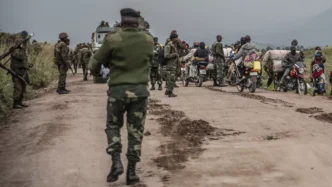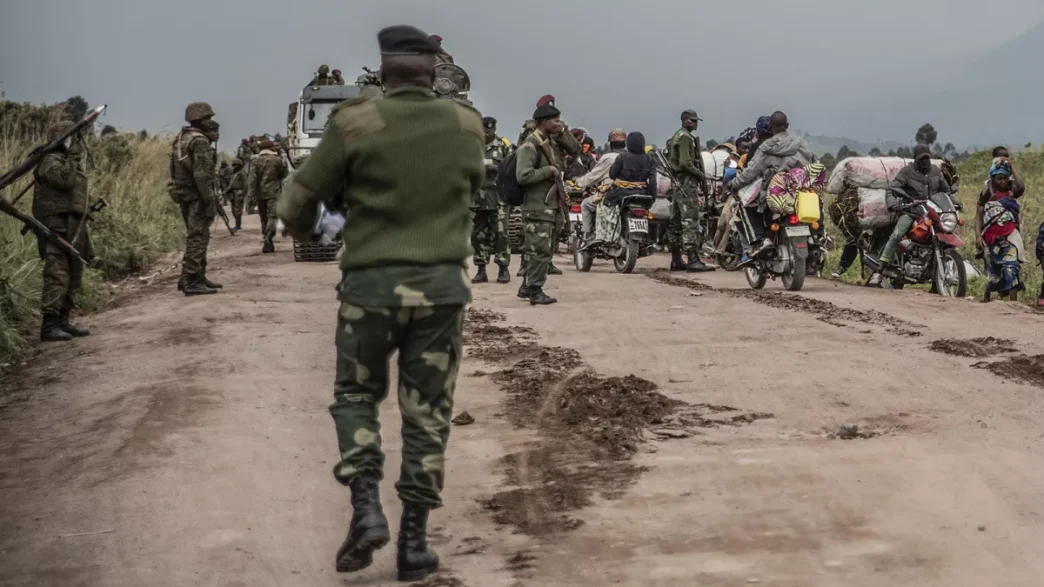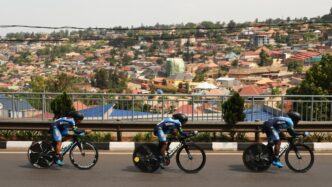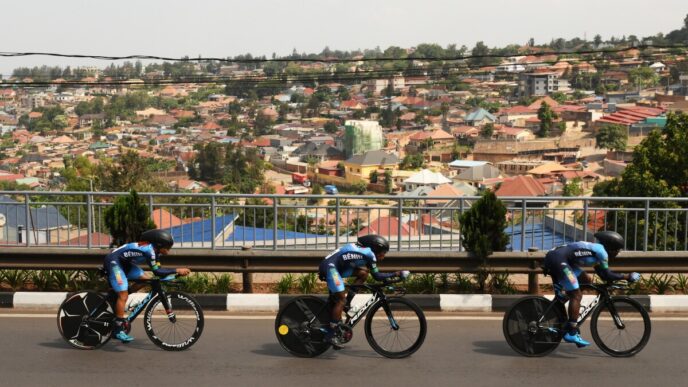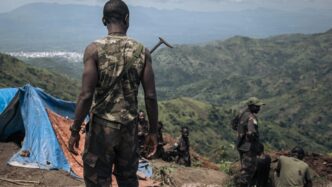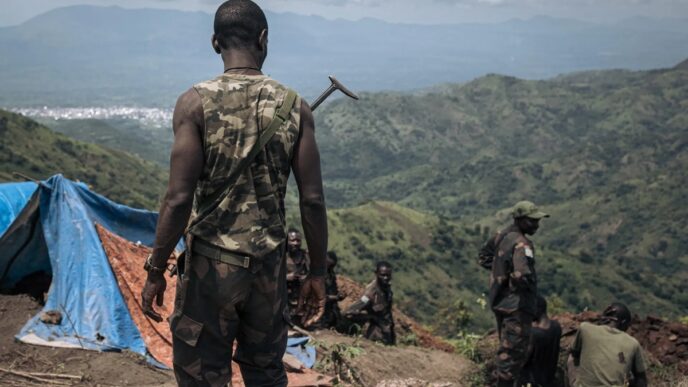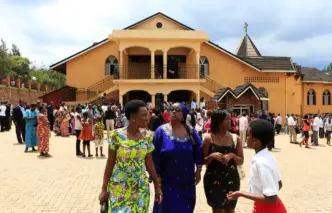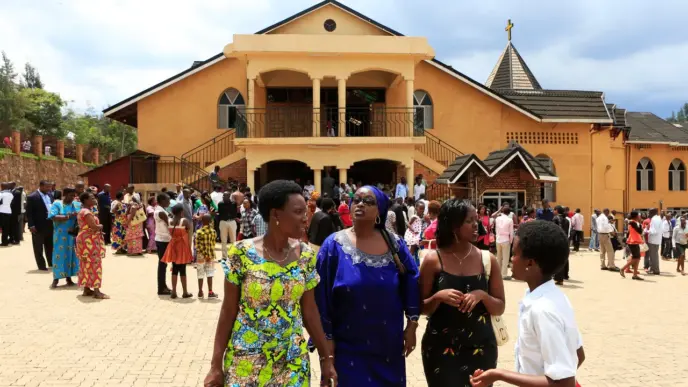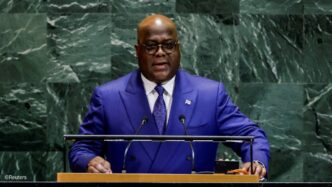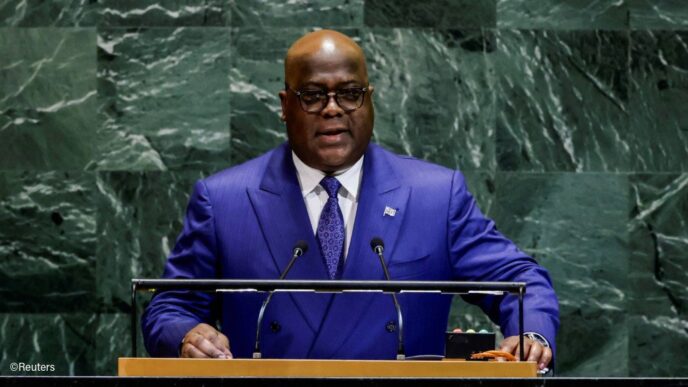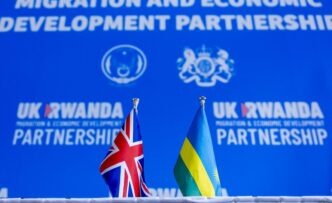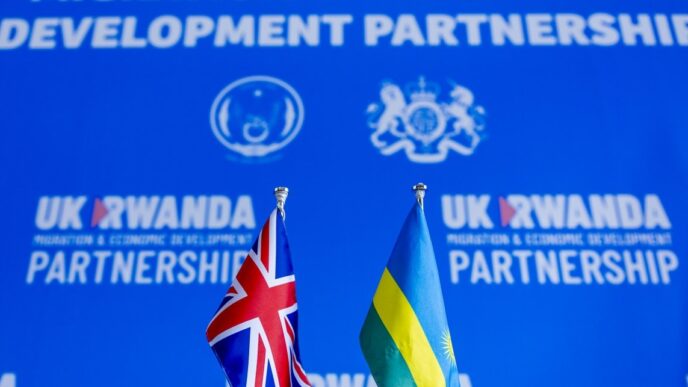Rwanda has strongly condemned a campaign launched by the Democratic Republic of Congo (DRC) at the United Nations calling for international recognition of what Kinshasa describes as a “genocide” in the country’s conflict-ridden east, dismissing it as “stupid”.
Tensions between the neighbouring nations have intensified this year after the M23 rebel movement, widely believed to receive support from Kigali, staged a sweeping offensive in the mineral-rich region. The assault led to the capture of major cities, the killing and displacement of thousands, and what the UN has described as a humanitarian crisis.
Rwanda has consistently rejected allegations that it backs the M23 militarily, although UN investigators and rights groups have presented evidence pointing to its involvement. Kigali argues instead that it faces a grave security threat from rebel groups based in eastern Congo, some of which were founded by Hutu leaders implicated in the 1994 Rwandan genocide, when around 800,000 people, mainly Tutsis and moderate Hutus, were massacred.
During a session of the UN Human Rights Council in Geneva on Tuesday, DRC’s human rights minister, Samuel Mbemba, announced a campaign urging the world to “break its silence” and acknowledge what he described as genocide against Congolese civilians.
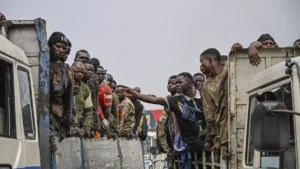
Rwanda’s Foreign Minister, Olivier Nduhungirehe, ridiculed the move, questioning its logic. “Genocide against who? Non-Tutsi ethnicities? All of them? Targeted to be destroyed, as such?” he told AFP, branding the DRC’s call “a stupid proposition”.
A UN report released last week accused all sides in the conflict of committing serious rights abuses in eastern Congo, while also finding “reasonable grounds” to believe M23 rebels had carried out crimes against humanity.
Rwanda’s permanent representative to the UN, Urujeni Bakuramutsa, rejected Kinshasa’s claims as “baseless”, stressing: “Rigorous evidence is non-negotiable. Any breach of that standard will be challenged every single time.”
Meanwhile, Congolese President Félix Tshisekedi has urged parliament to officially label the violence as genocide, insisting it fulfils the conditions laid out in the 1948 Genocide Convention. Despite a peace agreement reached between the two governments in June, and a separate “permanent ceasefire” signed with M23 in July, clashes in the volatile region have continued.


 Trending
Trending 
